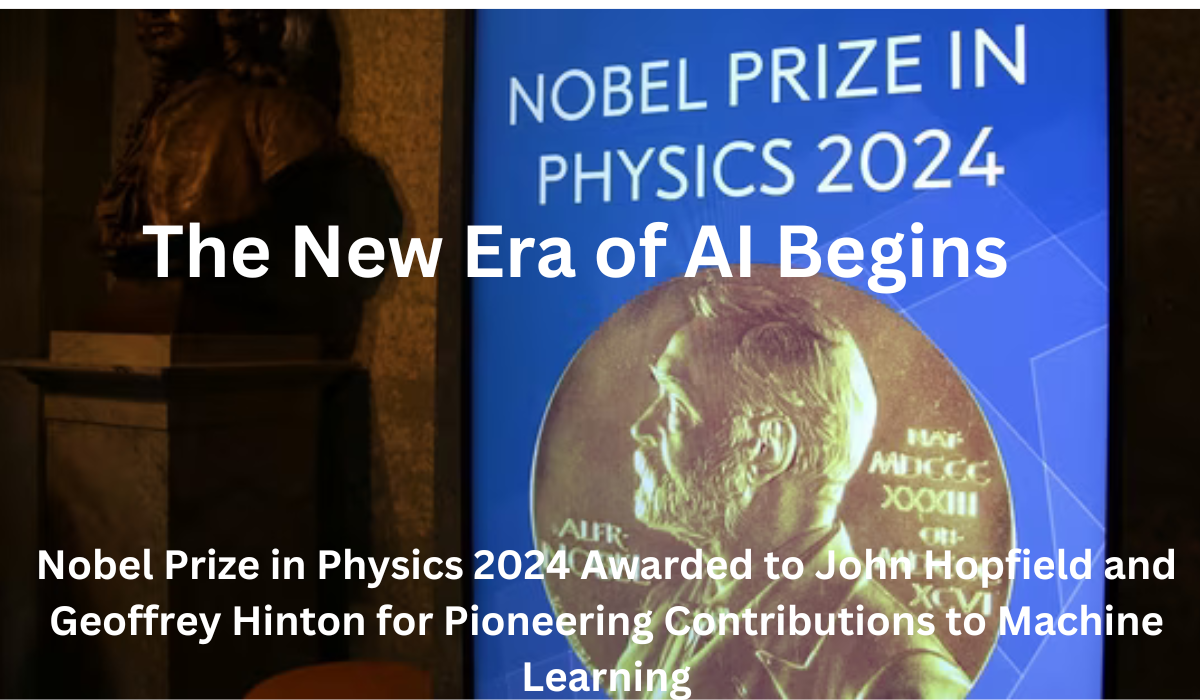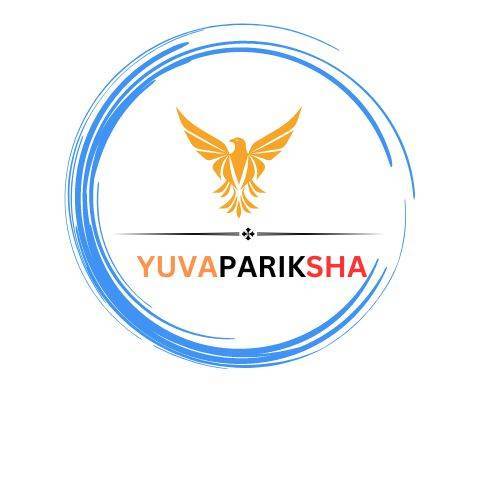The Royal Swedish Academy of Sciences in Stockholm, Sweden, announced the Nobel Prize in Physics 2024 on October 8, 2024, honoring two trailblazers, John Hopfield and Geoffrey Hinton. Both scientists have made groundbreaking contributions in applying physics tools to develop machine learning methods that form the backbone of today’s artificial intelligence (AI) systems. This award marks a pivotal moment in recognizing the interplay between physics and AI, highlighting how fundamental discoveries in physics continue to revolutionize technological advancements.
John Hopfield, a physicist and computational neuroscientist, is celebrated for creating an associative memory model, known as the Hopfield Network. This model mimics the way human brains store and retrieve memories, allowing for the reconstruction of images and patterns from incomplete data. His work has been instrumental in understanding neural networks and laid the foundation for modern AI systems that are used across industries today.
Geoffrey Hinton, a cognitive psychologist and computer scientist, is often dubbed the “godfather of deep learning.” He is honored for his revolutionary method that automatically identifies patterns in data. Hinton’s development of backpropagation algorithms has transformed how computers recognize specific elements in images, text, and sound. His work has shaped the way machine learning models are trained and fine-tuned, enabling deep neural networks to learn from vast amounts of data with remarkable accuracy.
Impact on Machine Learning and AI
The Nobel Committee’s recognition of Hopfield and Hinton underscores the importance of physics in advancing AI technologies. Both laureates have contributed to machine learning algorithms that are now essential in diverse fields such as healthcare, finance, and autonomous systems. Their innovations in pattern recognition and neural networks are core components of AI models that drive facial recognition, self-driving cars, and even medical diagnostics.
Machine learning has evolved dramatically over the past few decades, thanks to foundational discoveries like Hopfield’s associative memory and Hinton’s deep learning methods. These techniques have allowed machines to simulate cognitive processes, such as learning and decision-making, pushing the boundaries of what technology can achieve. Today, their contributions are deeply embedded in everything from personal digital assistants to advanced robotics.
The Legacy of Physics in Modern Technology
The 2024 Nobel Prize in Physics reaffirms the crucial role that physics plays in shaping future technologies. The laureates’ work bridges the gap between theoretical physics and practical applications, demonstrating how physics-based models can solve complex real-world problems. By leveraging principles from physics, both Hopfield and Hinton have enabled machines to perform tasks once thought to be uniquely human, such as recognizing objects in pictures or understanding natural language.
A Look Back: Nobel Prize in Physics 2023
Last year, the Nobel Prize in Physics 2023 was awarded to Anne L’Huillier, Pierre Agostini, and Ferenc Krausz for capturing the first split-second glimpse of spinning electrons, a significant milestone in the study of atomic and subatomic processes. Their discovery opened new avenues for research in electronics and medical technologies, proving once again that physics is at the heart of cutting-edge scientific breakthroughs.
Latest Posts!
- Indian Army Ordnance Corps (AOC) Recruitment 2024: Apply Now for 723 Posts
- CBSE Class X and XII Date Sheet for Board Examinations PDF – 2025
- Android 16 Developer Preview 1: Key Features, Timeline, and Eligible Devices
- Netflix to Launch “Squid Game: Unleashed” Mobile Game on December 17, 2024
- JEE Main 2025 Application Forms Released: Direct Link Apply Now
The Nobel Prize and its Legacy
Established by the will of Alfred Nobel, the Swedish inventor and philanthropist, the Nobel Prize is one of the most prestigious honors in the scientific community. Since its inception, it has been awarded 117 times to recognize extraordinary contributions to the advancement of knowledge. The Nobel Prize in Physics 2024, like its predecessors, comes with a monetary reward of 11 million Swedish kronor (approximately ₹8.3 crore), and the laureates will officially receive their awards on December 10, the anniversary of Alfred Nobel’s death.
The Significance of AI in the Modern World
The awarding of the 2024 Nobel Prize in Physics to pioneers in machine learning highlights the increasingly central role of AI in modern society. AI has permeated every aspect of our lives, from personalized recommendations on streaming platforms to sophisticated algorithms that assist in diagnosing diseases. The contributions of John Hopfield and Geoffrey Hinton have not only advanced the field of machine learning but have also shaped the direction of future research, where AI continues to unlock new possibilities in science and technology.
What’s Next for Nobel Announcements?
The Nobel Prize announcements for 2024 will continue throughout the week, with prizes in chemistry, literature, and peace yet to be revealed. As the world awaits these significant announcements, the recognition of Hopfield and Hinton’s work reminds us that the line between physics and other disciplines is increasingly blurred, as collaborative efforts between fields drive technological innovation.
The celebration of the Nobel Laureates’ achievements also serves as a reminder of the enduring relevance of scientific discovery in addressing global challenges, from improving healthcare through AI to creating more efficient technological systems.



